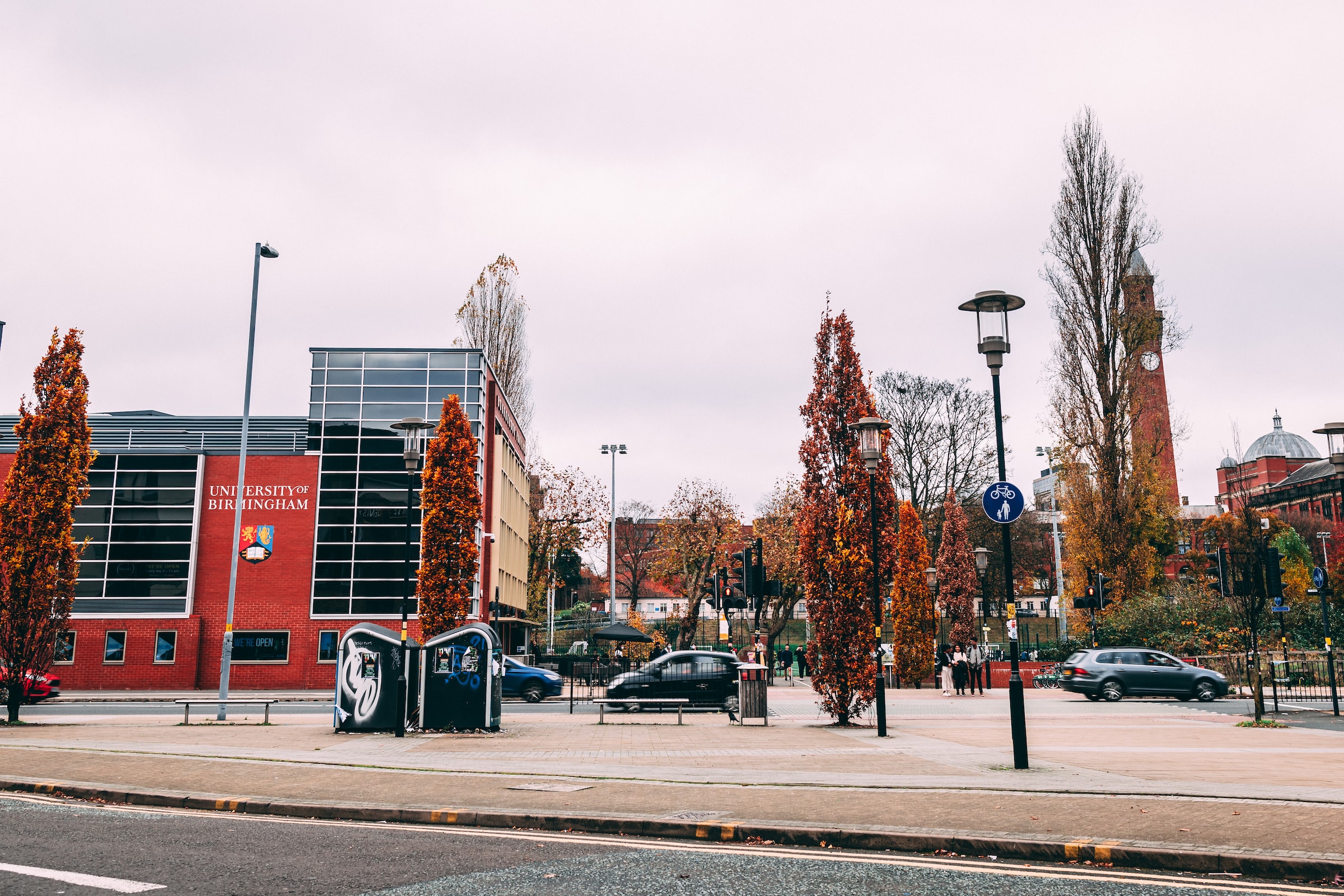
Food&Drink Editor Beth Sadler discusses the consequences of an abrupt shift into veganism, exploring why a slower transition might be more beneficial
Going cold turkey can be extremely difficulty and eventually lead people to give up
As the shocking news of the Australian wildfires fills our news apps and social media with heart-wrenching images every day, climate change and our impact on the environment seems to be on everybody’s minds. Since it can feel extremely difficult to make any impact as an individual, plant-based eating seems to be an option that many feel is an achievable and affective way of ‘doing their bit’. With approximately 350,000 people taking part in Veganuary this year, veganism has shifted from a food trend to lifestyle choice for people all across the globe. However, as with any new-year resolution, going cold-turkey can be extremely difficult and eventually lead people to give up. Whilst a month of plant-based eating after a month of indulgence might sound like a brilliant idea, many people end up sacrificing all the things they love and therefore spend a month unhappy. Any effort to reduce meat consumption is positive, however if by the end of January you can’t wait to tuck into a large steak and a big bowl of ice-cream, maybe going cold-turkey isn’t the best option for you. Veganuary is one of the many ways to learn how to transition into veganism and it doesn’t have to be over the course of a month. If slow and steady sounds a bit more like you, then these are a few easy changes that everyone can make, whether your end goal is veganism or just to help the planet step by step.
Milk Alternatives:
As this is possible the most daunting transition for many, introducing it slowly without placing any pressure on yourself is crucial. There are so many different plant-based milks available now that you can easily find one you like, but it is very unlikely you will like all of them. If almond milk doesn’t tickle your taste-buds, don’t give up. Soy or oat milk are extremely good alternatives, and under the mask of coffee the difference is miniscule. Through trial and error I learnt that I love almond milk on my cereal but never on tea, and despite popular opinion prefer soy over oat milk in a cappuccino. Once you find an alternative you like you’ll realise how significant this simple swap is, saving the planet and the cows one Tetleys at a time.
Find your favourite foods – now find the plant-based version.
Once you find an alternative you like you’ll realise how significant this simple swap is
Food-Supplements:
When you reduce your meat intake, you also reduce the nutrients that come from that source. It is a common misconception that eating plant-based means eating less protein. If you base your meals around whole foods such as lentils, chickpeas and quinoa, or incorporate meat-alternatives such as tofu or seitan into your diet, you will be getting a sufficient amount of protein for your body . However, unfortunately, vitamins such as B12 and Iron are extremely difficult (if not impossible) to retain from plant-based food, meaning you will need to buy a supplement. Luckily these can be found in any health-food store (such as Holland and Barret) – I would recommend a vegan multi-vitamin, as these can be taken daily and incorporate everything you might be missing.
These might seem like small steps, but adjusting to a plant-based lifestyle is a huge step. It is a learning process for everyone, and by taking it slowly you are much more likely to incorporate these changes into your life permanently. Whether it be simply changing your coffee order to an oat milk latte, or realising veganism is an achievable goal for you, slow and steady always wins the race.

Comments